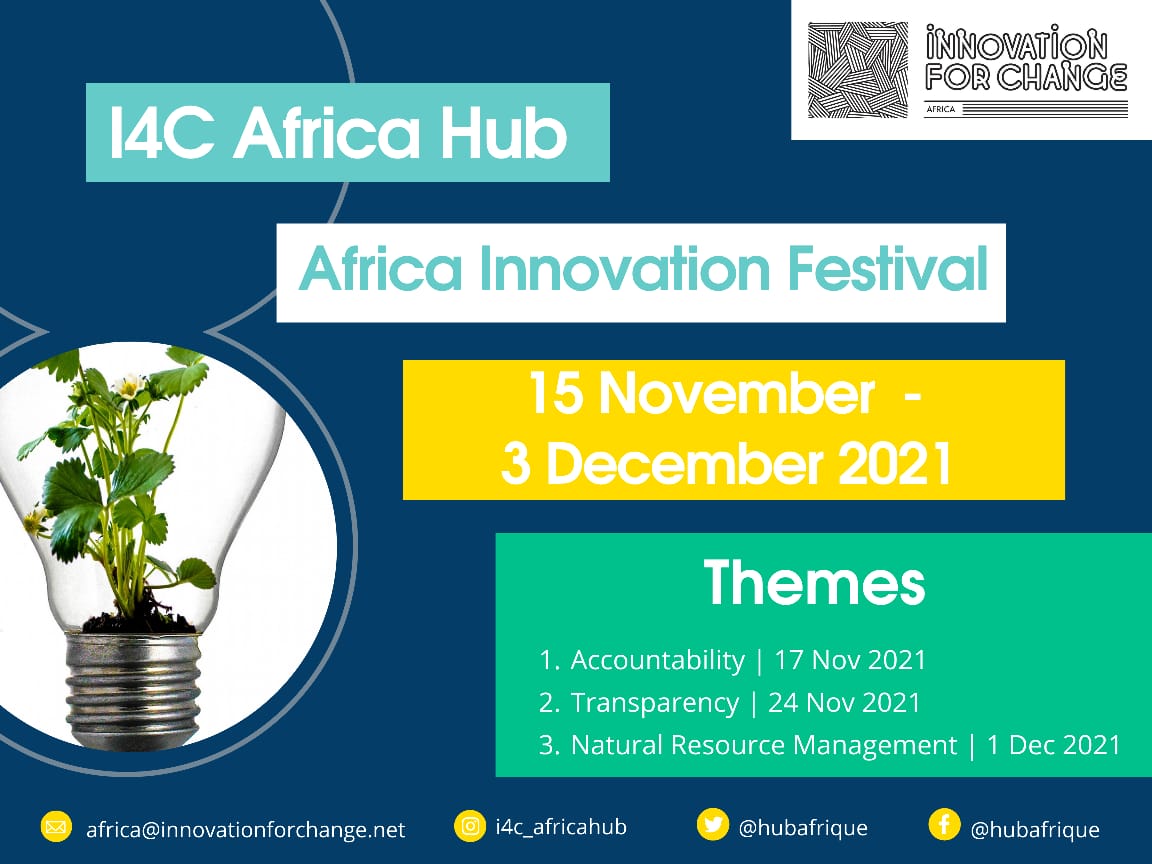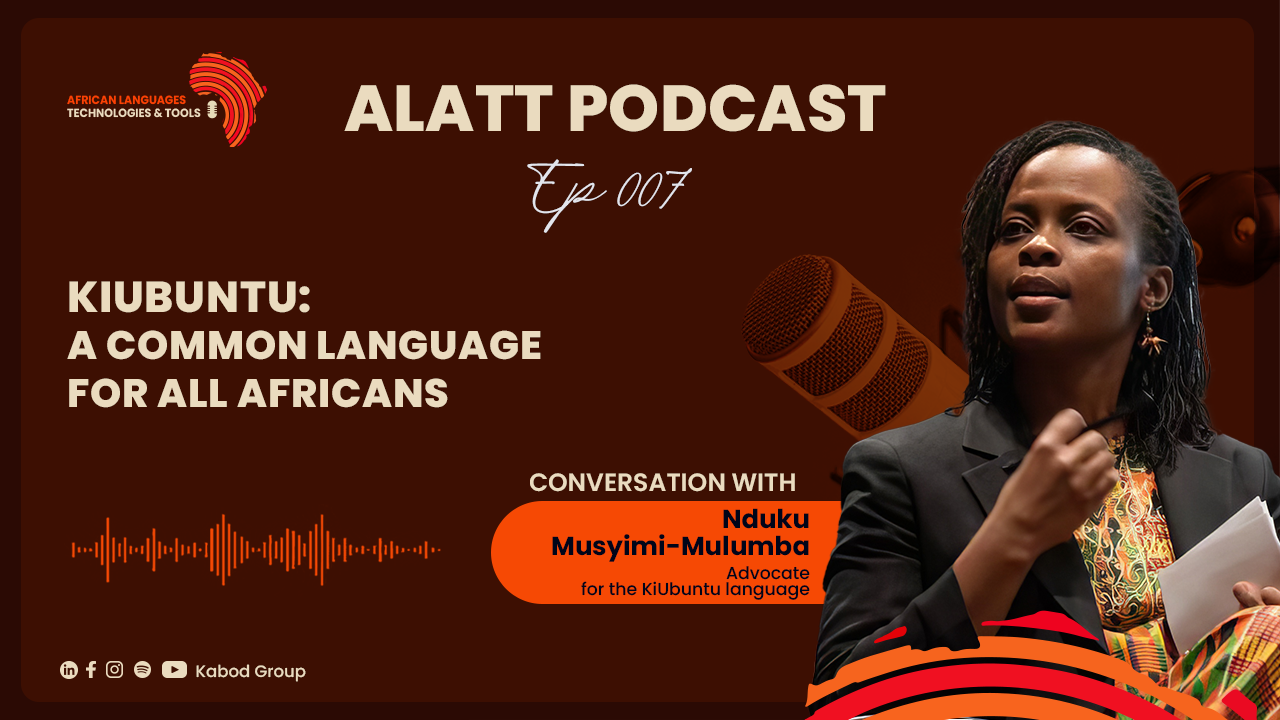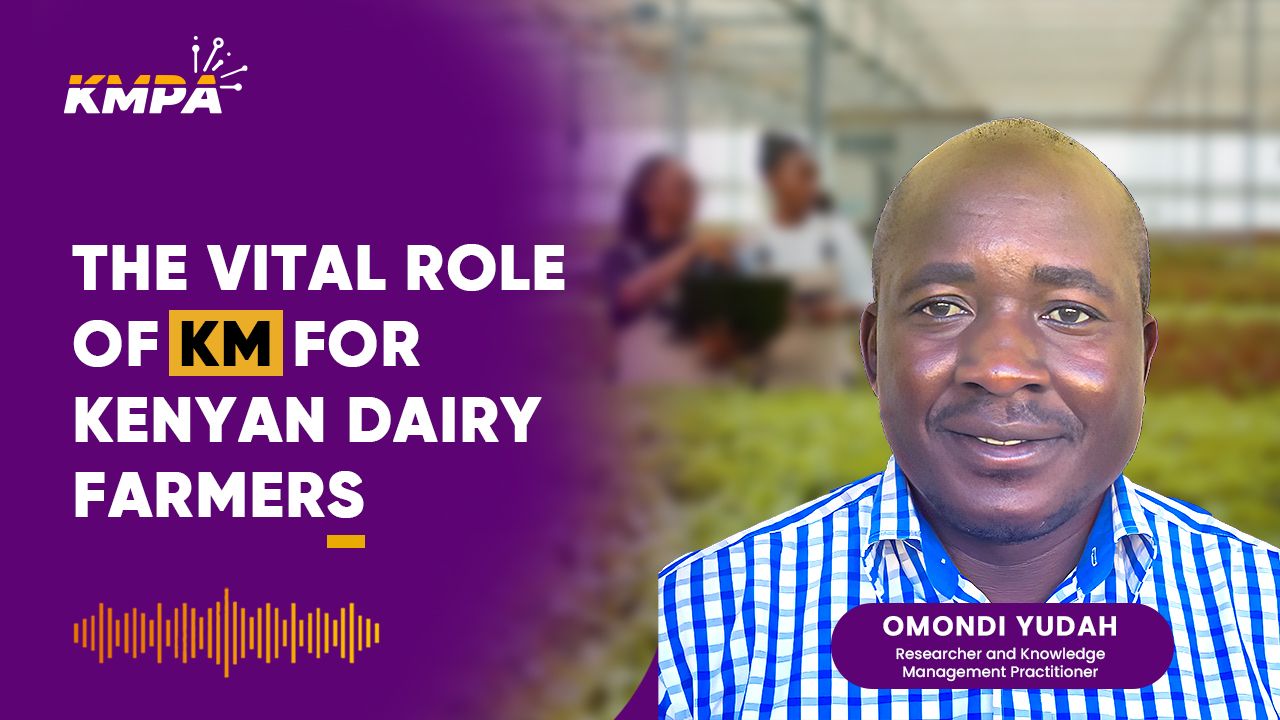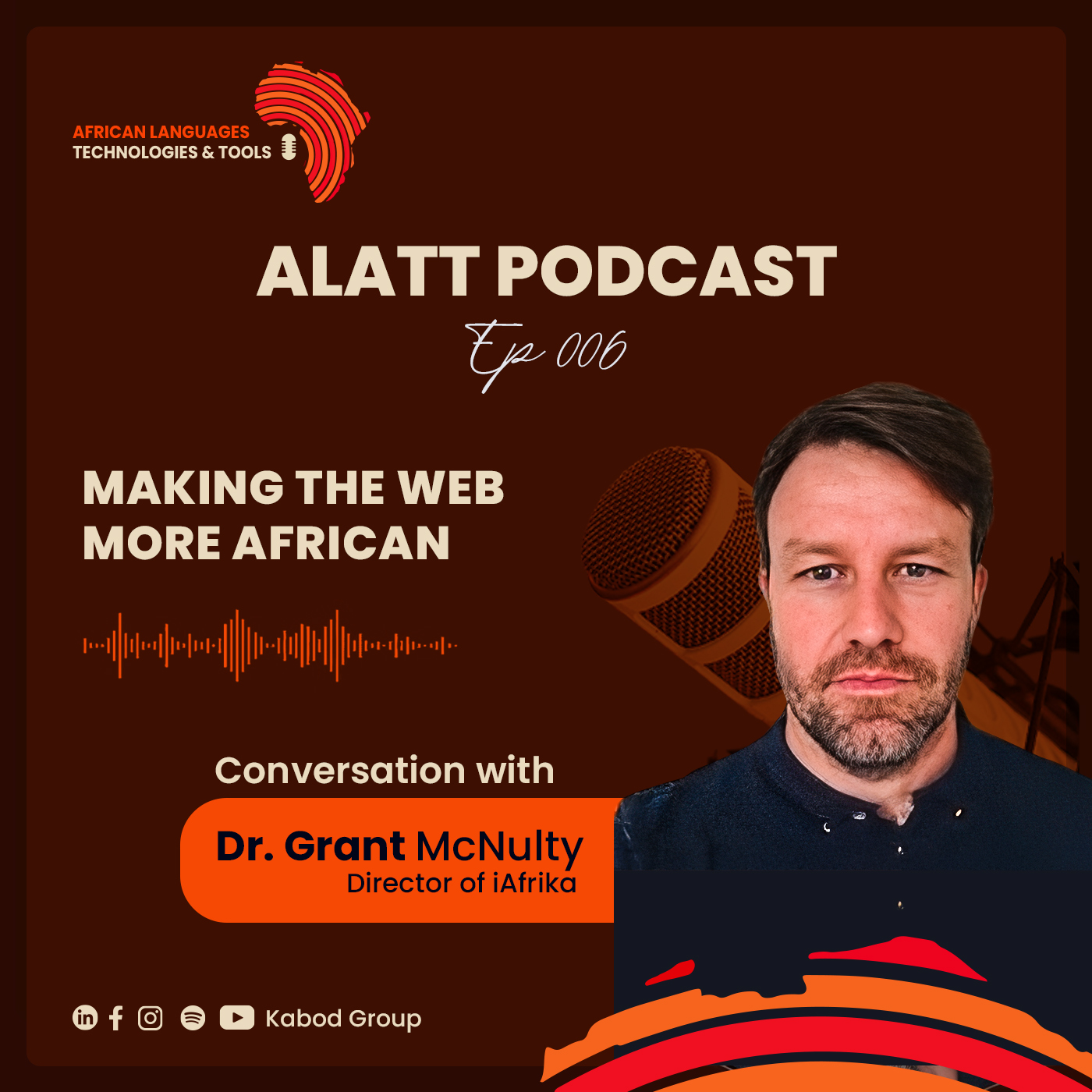
On 17 November 2021, the Innovation for Change (I4C) Africa Hub Innovation Festival brought together an amazing group of stakeholders to discuss the issue on Social Accountability in West Africa.
This event was scheduled to run for two weeks (15 Nov – 03 Dec 2021) and focused around pertinent topics impacting West Africa such as Accountability, Transparency and Natural Resource Management.
Amongst speakers on the Accountability theme, was the Managing Partner of Christian Elongue Consulting (CEC) who described accountability as a central pillar of good governance and democracy and defined social accountability as an approach towards enforcing and building accountability that relies on civic engagement, in which citizens participate directly or indirectly in demanding accountability from service providers and public officials. This therefore means that social accountability not only involves a particular group of people but everyone; citizens, state, non-state, national and international actors.
He indicated the high level of inefficiency in the current accountability channels and the dire need for a shift to social accountability as a response to the governance shortcomings.
Just like many other policies, governance systems are also faced with a couple of challenges which include but are not limited to press freedoms, restrictive laws, entrenched leaders, competitiveness and human rights mechanisms. In order to remedy these challenges, there is need for governing bodies like the African Union, CSOs and other development partners to include efforts in strengthening democracy and accountability methods.

In order to provide listeners with a better understanding on how to put in place the proper accountability methods, he gave an inclusive description of some practical initiatives used by Civil Society Organisations (CSOs) in the application of social accountability.
One of these methods is through Participatory Planning and Decision-making. The Ghana Centre for Democratic Development (CDD) practiced this method in one of its projects on Promoting Social Accountability through citizen participation in local governance. The main objective of this project was to strengthen transparency, participation and feedback around local government budgeting and planning systems. Through capacity building activities, Community Based Organisations (CBOs) were trained as key intermediaries between the citizens and the local government to ensure project sustainability and ownership.
Through Social Auditing, Monitoring and Evaluation, Integrated Minority AIDS Network Inc. (IMANI) Africa has developed a set of research and advocacy tools, which it uses to analyse campaign promises made by political parties during election campaigns, to ascertain the extent to which they have been fulfilled by the winning party. This initiative uses direct engagement of citizens in research through the media and communication with the government.
The Network of Organisations for Budget Transparency and Analysis (ROTAB) through Participatory Budgeting, monitors budget implementation in key sectors such as agriculture, environment, education, health, livestock and many others through collection of information from the official gazette and the government, processing and analysing this information and then publishing on social networks. Before setting up any committee, it ensures that all the actors concerned are sensitized. Involvement of CSOs in the preparation of state budgets and the development of more digital applications for governance and administration go a long way in improving the efficiency of this initiative.
Through the use of Information Communication Technology (ICT), the establishment and maintenance of on-line platforms can be employed to enhance civic engagement towards social accountability. Community concerns can easily be communicated to the respective duty-bearers and feedback given to community members on their responses. Establishing community concerns enables project ownership and facilitates community development.

Despite all efforts and mechanisms put in place to ensure social accountability, the application of this practice is not void of challenges. The CIVICUS Monitor provides in-depth knowledge on the levels of representation of the civic space around the world. We can definitely understand from here why some of these accountability mechanisms keep failing.
In spite of these challenges however, there are a myriad of opportunities and recommendations that can be leveraged on. Building networks and avenues through which citizen’s voices can be amplified and peer learning encouraged. There are already existing social and traditional structures that need to be revamped through ensuring total involvement and engagement of those concerned.
Documenting success stories across the region to build a knowledge bank for practitioners will be helpful in providing activists, academicians and the government with documented lessons on what works and would serve as a basis for intellectual enquiry and ideas that can be further tested in the field.
Lessons Learnt from these Social Accountability Initiatives
Although accountability might be the key concept of the 21st century, building it is going to be a slow and long-term process…but there is hope… Social accountability’s relevance is not in doubt. It however requires a lot of investment to sustain it and expand its appeal around communities.
As an evolving concept, it must be subjected to constant scrutiny and modifications. It is necessary to provide a framework for documentation, learning and collaboration amongst practitioners. Building knowledge around this concept is a good investment that allows communities to adapt strategies that can work in their local communities. We need to develop a network of practitioners and find ways of increasing collaboration.
In his concluding remarks, he pointed out the need to leverage on the increased interest shown by citizens in playing a more integral role in the policies governing them, through providing them with the necessary information needed for them to understand their rights and duties as citizens.
Click on the link to get access to the slide share on these social accountability initiatives.






